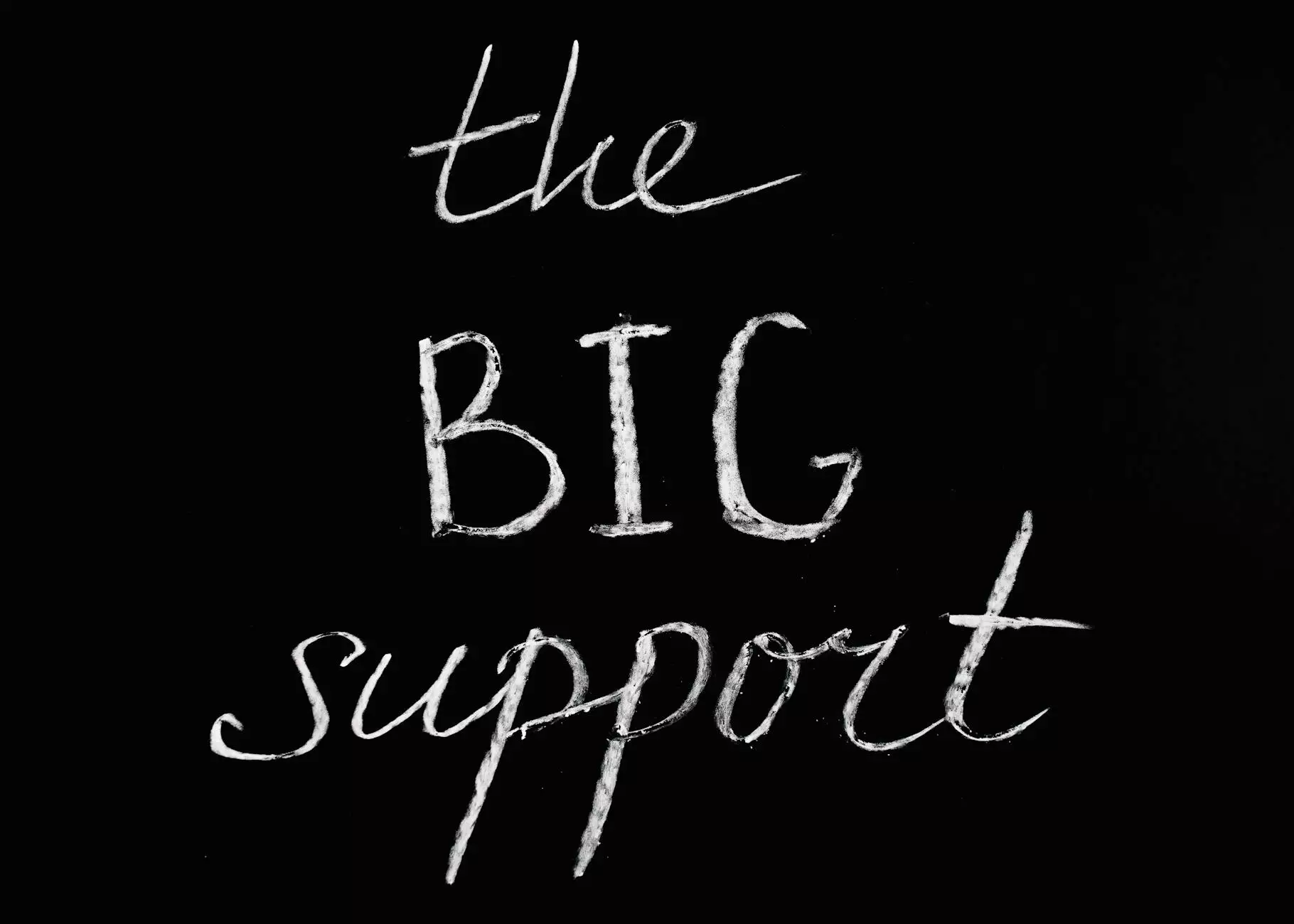Supreme Court Upholds but Narrows Assignor Estoppel

Welcome to the Richardson Law Firm PC news section. Here, we provide valuable insights into the latest legal developments in the field of intellectual property and patent law. In this article, we will discuss the recent Supreme Court decision on assignor estoppel and how it may affect your company and its employees.
Understanding Assignor Estoppel
Assignor estoppel is a legal doctrine that prevents the assignor of a patent from later challenging the validity of that patent. The doctrine is based on the principle that one should not be allowed to benefit from an assigned patent while at the same time arguing that the patent is invalid.
In simple terms, if an inventor assigns their patent rights to another party, they are generally prevented from claiming that the assigned patent is invalid in subsequent legal proceedings. This doctrine has been a longstanding principle in patent law, protecting the integrity of patent assignments and upholding the rights of patent holders.
The Supreme Court Decision
In a recent ruling, the Supreme Court addressed the issue of assignor estoppel in the case of [Case Name]. The Court upheld the doctrine but also narrowed its application, introducing certain limitations to its scope.
According to the Supreme Court, assignor estoppel now only applies when an inventor, or the assignor, has transferred patent rights to another party. In other words, if an inventor assigns their patent rights and subsequently challenges the validity of the patent, they may be estopped from doing so. However, if the assignor is not a direct party to the assignment, the doctrine may not apply.
Implications for Your Company and Employees
The recent Supreme Court decision on assignor estoppel may have important implications for your company and its employees, especially if you operate in industries where inventorship and patent assignments are common. Understanding the implications of this ruling can help you navigate potential legal challenges and protect your intellectual property interests.
One key consideration is the hiring or acquisition of employees or companies with relevant patents. With the narrowing of assignor estoppel, it becomes crucial to conduct thorough due diligence when engaging in transactions involving patented technology. It is important to identify any potential challenges to the validity of assigned patents and assess the associated risks.
Furthermore, companies should ensure that their employment agreements and patent assignments clearly address the issue of assignor estoppel. By including specific clauses and provisions that align with the current legal landscape, companies can mitigate any potential conflicts or disputes related to the doctrine.
Expert Legal Advice from Richardson Law Firm PC
At Richardson Law Firm PC, our team of experienced patent attorneys specializes in providing expert legal advice in the field of intellectual property. We closely monitor changes in patent law to ensure that our clients receive the most up-to-date and accurate counsel.
If you have concerns or questions about the recent Supreme Court decision on assignor estoppel and its impact on your company, we are here to help. Our attorneys can assess your specific situation, provide tailored guidance, and assist you in protecting your intellectual property rights.
Contact Richardson Law Firm PC
For more information or to schedule a consultation, please contact Richardson Law Firm PC today. Our dedicated team is ready to assist you and address any legal matters related to intellectual property and patent law.
Disclaimer: The information provided in this article is for general informational purposes only and is not legal advice. Consult with a qualified attorney for professional advice tailored to your specific situation.









